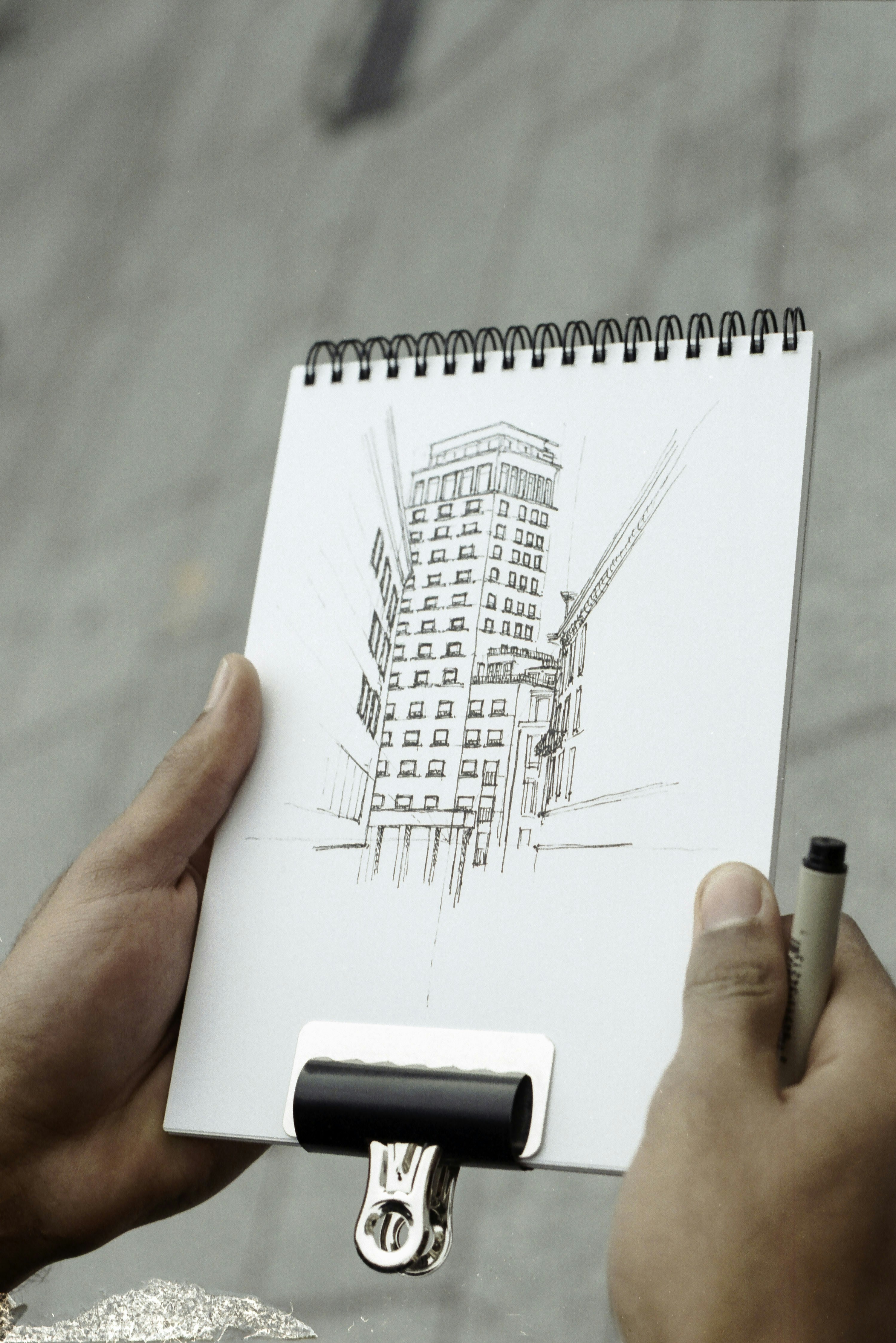
Hastarindo
Layanan Konstruksi Komersial Terpercaya, Hubungi Kami

Tentang Kami: PT. Hastarindo Indonesia - Kontraktor Bangunan Komersial Terpercaya
Di PT. Hastarindo Indonesia, kami memahami bahwa kebutuhan akan ruang yang fungsional, estetis, dan nyaman adalah fondasi dari setiap bisnis yang sukses. Sebagai kontraktor bangunan komersial berpengalaman di Jakarta, kami membantu klien mewujudkan visi mereka melalui layanan desain, manajemen konstruksi, kontraktor, dan pengembangan lahan komersial.
Dengan pengalaman lebih dari 25 tahun di industri konstruksi, kami telah menjadi mitra terpercaya bagi berbagai perusahaan dalam membangun dan merenovasi ruko, gedung kantor, gudang, toko ritel, dan properti komersial lainnya. Tim ahli kami berdedikasi untuk memberikan solusi konstruksi yang inovatif, berkualitas tinggi, dan sesuai dengan anggaran Anda.
Kami percaya bahwa setiap proyek adalah unik, dan kami bekerja sama dengan klien untuk memahami kebutuhan spesifik mereka. Dengan Hastarindo, Anda mendapatkan:
- Kontraktor berpengalaman dengan rekam jejak yang terbukti.
- Layanan desain kreatif dan fungsional.
- Manajemen konstruksi yang efisien dan transparan.
- Komitmen terhadap kualitas dan kepuasan pelanggan.
Percayakan proyek konstruksi komersial Anda kepada Hastarindo dan wujudkan impian Anda menjadi kenyataan.

Apa Kata Klien Kami
Dengan kesempatan yang ada disertai dengan kemampuan, kualitas dan kerjasama tim menjadikan Hastarindo sebagai salah satu wadah anak bangsa penuh dengan kreatifitas dan kapabilitas yang dapat mewujudkan imipian klien.
"Dengan tenaga ahli dan komitmen kerja yang profesional, PT. Hastarindo telah menjadi salah satu partner utama untuk merenovasi dan membangun kantor cabang." Ardhian Kumoro Jati, Building Management, PT. Federal International Finance.
"Dengan menunjuk PT. Hastarindo sebagai rekanan tetap untuk setiap perencanaan serta pelaksanaan konstruksi, maka semua dapat terlaksana tepat waktu, harga wajar serta kualitas yang dapat dipertanggungjawabkan." Oscar Sutjiadi, Direktur Utama, PT. Altama Surya Arsa
"PT. Hastarindo memiliki proses desain, pelayanan dan komitmen yang sangat bagus dan profesional. Mereka juga menyediakan data yang sangat detil, lengkap dan tepat waktu." Anthony Wu, Direktur, PT. Pusaka Jaya International
Layanan Kami
PT. Hastarindo Indonesia menawarkan layanan konstruksi komersial yang komprehensif untuk memenuhi kebutuhan unik setiap bisnis. Kami memahami bahwa ruang yang fungsional, estetis, dan berkesan adalah investasi penting. Dengan pengalaman lebih dari 25 tahun, kami menyediakan layanan berikut.
Jasa Desain Bangunan Komersial
Tim desain kreatif kami menciptakan konsep desain yang inovatif, fungsional, dan sesuai dengan identitas perusahaan Anda. Kami memastikan desain yang tidak hanya menarik secara visual, tetapi juga memenuhi persyaratan tata ruang dan perizinan yang berlaku. Desain kami dirancang untuk meningkatkan daya tarik properti komersial Anda.
Manajemen Konstruksi
Sebagai perwakilan pemilik, kami memastikan proyek Anda selesai tepat waktu, sesuai anggaran, dan dengan kualitas terbaik. Layanan manajemen konstruksi kami mencakup perencanaan, pengawasan, koordinasi, dan pengendalian biaya, sehingga Anda dapat fokus pada bisnis inti Anda. Kami memastikan investasi Anda terlaksana sesuai dengan rencana.
Kontraktor Bangunan
Dari fondasi hingga sentuhan akhir, tim kontraktor kami mewujudkan desain menjadi kenyataan. Kami mengutamakan kualitas, ketepatan waktu, dan keselamatan kerja. Kami membangun berbagai jenis bangunan komersial, termasuk ruko, gedung kantor, gudang, dan toko ritel. Kami menerapkan standar konstruksi yang tinggi untuk memastikan bangunan yang kuat dan tahan lama.
Pengembangan Lahan Komersial
Kami membantu Anda memaksimalkan potensi lahan Anda melalui perencanaan yang matang, studi kelayakan, dan manajemen proyek yang efektif. Kami memastikan setiap langkah pengembangan lahan dilakukan dengan cermat dan sesuai dengan regulasi yang berlaku. Layanan ini mencakup analisis pasar, perencanaan tata ruang, perizinan, dan pengendalian biaya.
Partner Kami
PT. Hastarindo Indonesia menjalin kerjasama erat dengan berbagai partner strategis untuk memastikan kualitas dan ketepatan waktu dalam setiap proyek konstruksi komersial.
Bersama partner-partner ini, kami berkomitmen untuk memberikan solusi konstruksi terbaik bagi klien kami, mulai dari material berkualitas tinggi hingga perangkat keras yang handal. Kolaborasi ini memungkinkan kami untuk memenuhi standar kualitas yang ketat dan memberikan hasil yang memuaskan.
Hubungi Kami
Tinggalkan pesan dan kami akan segera menghubungi anda.













